How much water should I drink and what is the best drink are common questions I am asked; usually along with “I don’t like drinking water”. It’s especially important as the weather warms up that we drink enough fluids.
Water is essential!
The human body is 50-80% water, depending on your age and how much lean body mass you have. The more lean body mass you have, the more fluid your body has and requires, so men generally have higher requirements. And as people age they need less fluid.
Water is essential for us all. All the biochemical reactions within the body occur in water and it fills the spaces between and within the body’s cells, it is required for the digestion and absorption of food, for transport of nutrients and blood volume, elimination of waste products in the digestive system and from the kidneys, and to regulate body temperature. You can see just how important it is!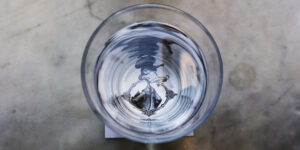
The body can produce a little water with its metabolism but not enough for its requirements.
People with chronic conditions like diabetes, older people, those taking medications for a range of health issues or laxatives, those with vomiting and diarrhoea, and sportspeople are more likely to develop dehydration. And of course, hot weather, high altitudes and exercise all increase our requirements.
Water, water, everywhere…
We get about 20-25% of our fluid requirements from our food. Fruit, vegetables and yoghurt are good sources of fluid. Our actual requirements are higher than the Average Intake of fluids, below.
Water is negatively associated with energy density so if you are trying to cut back on energy (kilojoules) then making sure you drink enough water each day, especially when you are exercising, is a great idea.
How much is enough?
Most people report they have heard general advice to drink 2L of water each day but when you compare the requirements of different people this should be different. Or should it?
The Average Intake (AI) of fluid for Australian adults is for:
- Women 19 to >70 years 2.1L or about 8 (250mL) cups each day; and for
- Men 19 to >70 years 2.6L or about 10 (250mL) cups each day.
When we talk about fluids we are talking about all fluids except alcohol – water, milk, tea, coffee and other caffeine containing drinks, juice and soft drinks. The fluid recommended most by dietitians and nutritionists is always going to be water as the first choice.
Tap water contains fluoride in many areas of Australia; the evidence shows drinking fluoridated tap water reduces dental caries. And plain water, in general, is the best choice, without stimulants, kilojoules and acid. Tap water is cheap and, in Australia, is generally safe to drink.
Milk is a good choice, too. It contains protein and minerals, including calcium.
Juice and soft drinks contain high levels of kilojoules and are acidic on the teeth, even ‘diet’ soft drink can erode the enamel on teeth.
Tea and coffee – caffeine containing drinks, but not cola drinks – actually have evidence they help lower the risk of developing type 2 diabetes, stroke and some cancers – discussing the evidence is another blog post some time.
What if I don’t drink enough?
The effects of dehydration can reduce physical and mental performance; this can reduce the performance of sportspeople at only 2% dehydration – that’s not that much, is it?
Symptoms of dehydration include thirst, dark yellow urine, a smaller volume of urine, headache, dizziness, weak muscles, lethargy and dry mouth. It is possible, though, to be dehydrated and not feel thirsty. Severe dehydration can cause a range of complications including low blood pressure, heat stroke, seizures, and kidney problems including kidney failure.
Can I drink too much?
There is no Upper Limit (UL) recommended by the National Health and Medical Council’s Nutrient Reference Values. Over-hydration can cause hyponatraemia – low blood electrolyte levels – and while it’s quite rare, it can cause headache, nausea, confusion, coma, seizures and eventually death.
How can I tell if I’ve had too much or too little fluid?
Check your urine colour. Aim for straw coloured (pale yellow) urine.
To sum up
So, to summarize:
- Drink at least 8 cups for women and 10 cups for men each day.
- If it’s hot or you are exercising, drink more.
- Drink water mostly.
- Drinking milk or tea and coffee is okay, too.
- Check the colour of your urine – it should be straw coloured if you are well hydrated.
Cheers!
Check out our services if you would like help to work toward achieving your health goals.

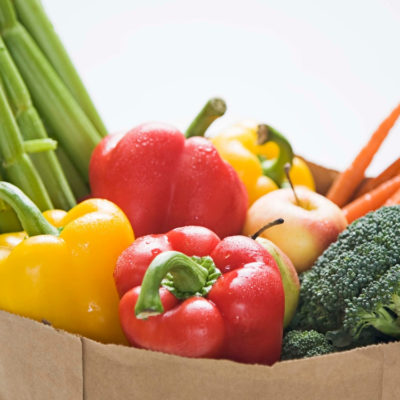
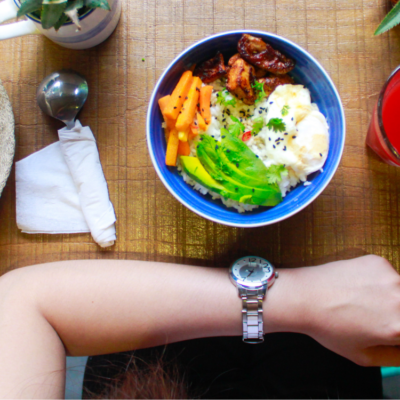
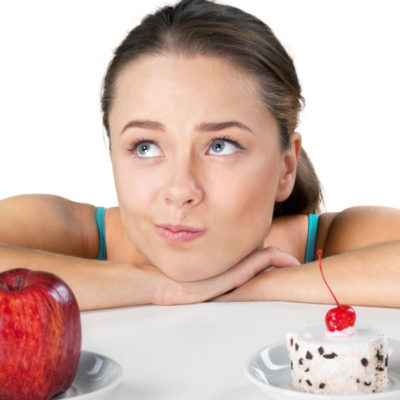
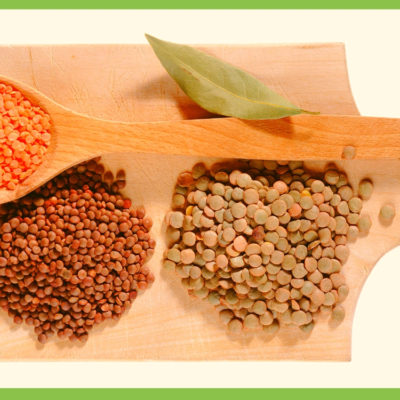
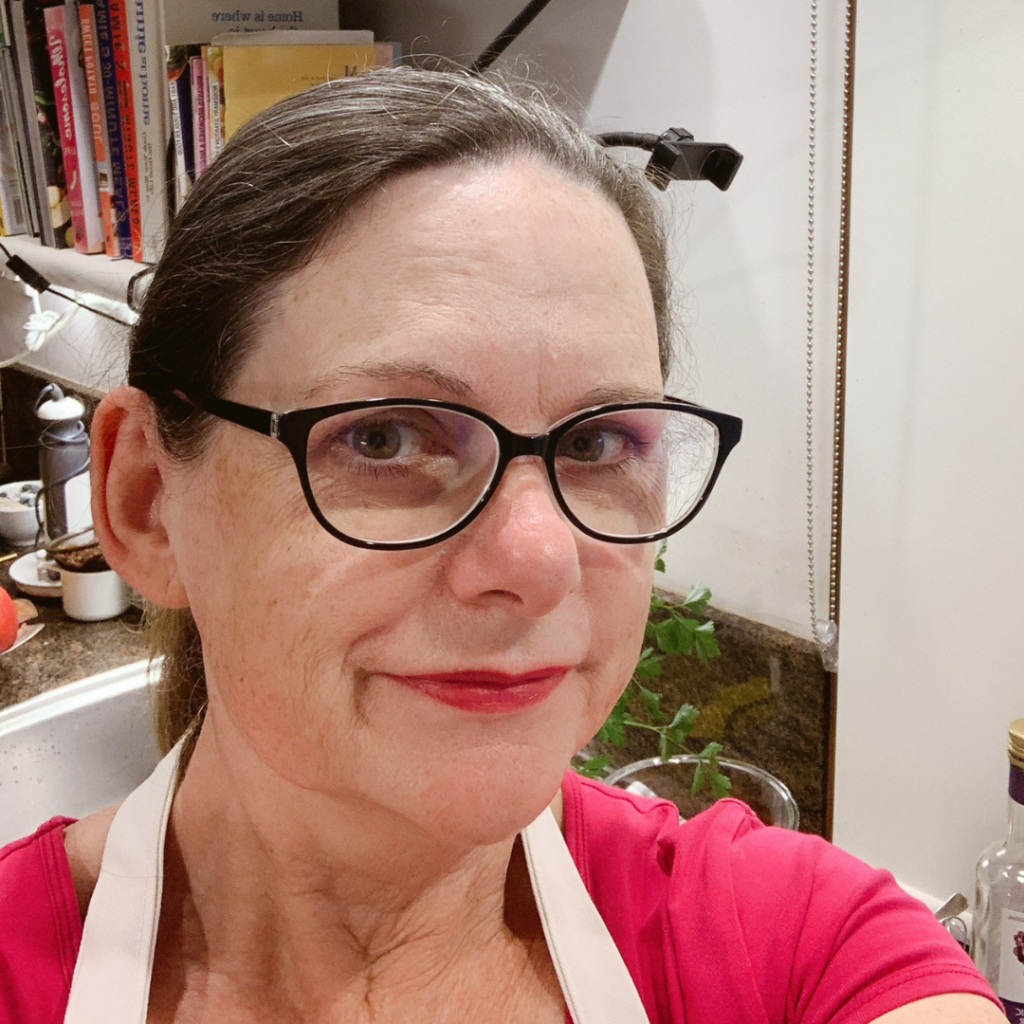
Comments (0)